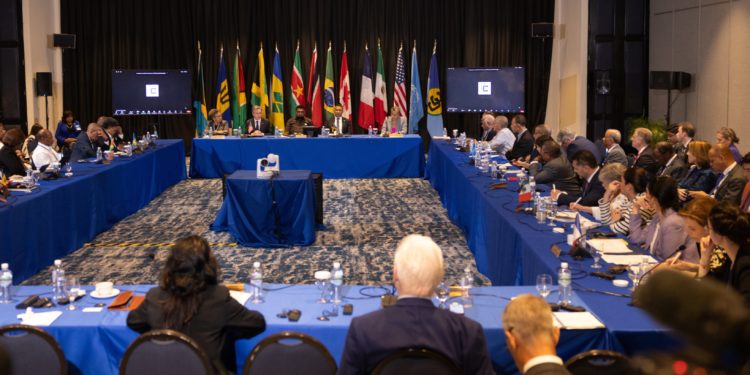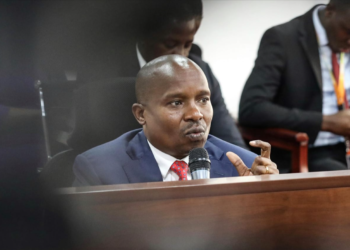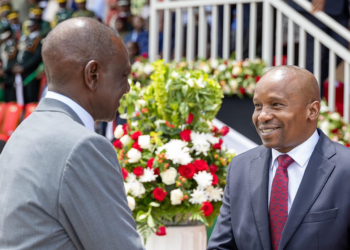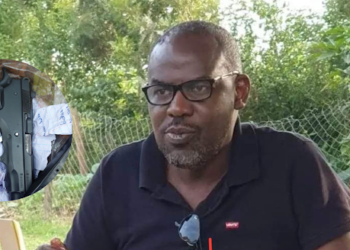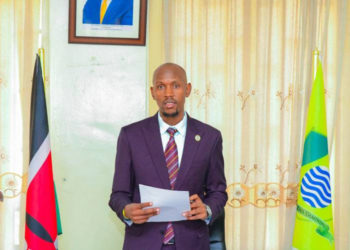The United States has pledged an additional KES 14.3 billion ($100 million) to support the deployment of a multinational force to crisis-stricken Haiti, with Kenya poised to take the lead role. The fresh funding commitment came at an urgent meeting of Caribbean leaders in Jamaica on Monday.
As gang violence pushes the Caribbean nation to the brink of collapse, all eyes are turning to the long-planned deployment of the multinational mission spearheaded by the Kenyan military. The US funding boost, which doubles its contribution to $200 million, aims to pave the way for the force’s deployment.
“Haiti is on the brink of disaster,” warned Guyanese President Irfaan Ali at the meeting. “We must take quick and decisive action.”
Since late February, powerful gangs have rampaged across the capital Port-au-Prince, attacking government buildings, freeing prisoners, and blocking access to vital ports. Over 15,000 people have fled their homes amid the escalating atrocities.
“It is clear that Haiti is now at a tipping point,” said Jamaican Prime Minister Andrew Holness. “We are deeply distressed that it is already too late for too many who have lost far too much at the hands of criminal gangs.”
As the security vacuum deepens, Kenya has emerged as the nation prepared to lead an intervention force to help restore order. However, questions remain over the mission’s mandate and funding levels required.
“The international community must work together with Haitians towards a peaceful political transition,” said U.S. Assistant Secretary for Western Hemisphere Affairs Brian Nichols.
The United Nations says only $10.8 million has been secured so far for the mission, while Kenyan officials are demanding over $230 million. The substantial funding gap could hamper efforts to get boots on the ground quickly.
“If the international community continues down the current road, it will plunge Haiti into further chaos,” warned Jimmy Chérizier, considered Haiti’s most powerful gang leader. “We Haitians have to decide who is going to be the head of the country.”
As well as restoring security, the proposed Kenyan-led force would face daunting humanitarian challenges. Gang blockades have triggered severe shortages of food, water and medical supplies, compounding the crisis.
With political paralysis also gripping Haiti, the intervention is seen as a last hope for arresting the country’s freefall. But securing adequate funding and troop commitments will be crucial to making the multinational force a reality.


